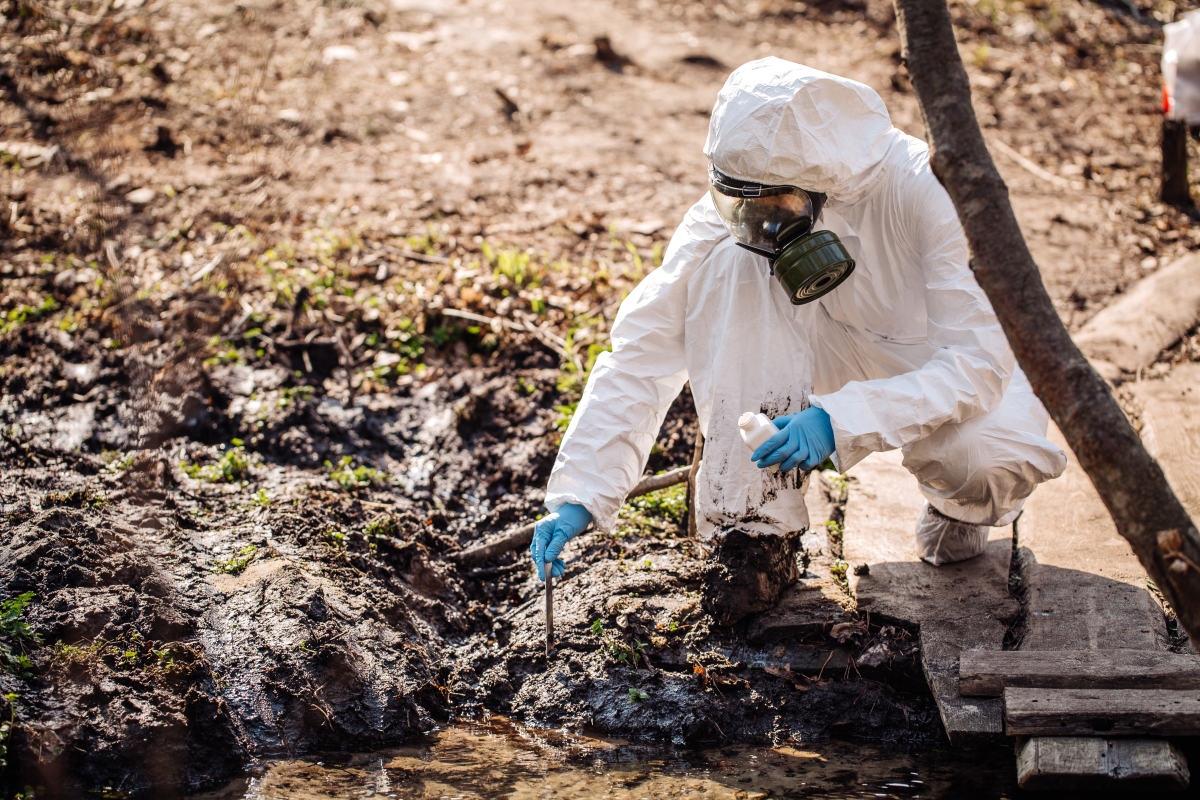Career Overview
Other professional occupations in physical sciences:
- Includes metallurgists, soil scientists and physical science and researchers which are not elsewhere classified and involve research in fields of physical science
- Work for governments, educational institutions and a wide range of industrial establishments
Job Titles
Duties
Metallurgists:
- Carry out research into the properties and production of metals and alloys
Soil scientists:
- Carry out research into the composition, distribution and evolution of soils
Materials scientists:
- Carry out research into the properties, composition and production of materials such as ceramics and composite materials
Astronauts:
- Command, pilot or serve as crew members of a spacecraft to conduct scientific experiments and research, and participate in space missions as mission specialists to maintain spacecraft, install and repair space station equipment and launch and recapture satellites
Earnings
Earnings is income that workers receive in exchange for their labour. Depending on the type of employment, earnings can be in the form of wages (hourly), salaries (fixed monthly or annual) or self-employed earnings.
Work Environment
# Workers Employed
50% Employed Full Time
50%Work in this occupation is typically performed in a structured environment, such as an office or school, or an outdoor work environment where the worker is exposed to various weather conditions.
Career Pathways
With experience mobility may be possible between specializations in this group, to other fields of physical science, or to management or regulatory program management.
Related Careers
Occupational Interests
It’s important to understand what kinds of occupations align with your interests.
For more about occupational interests visit Skills for the Future Workforce > Characteristics.
Here are the top occupational interest(s) for this career profile:
Education, Training and Skills
- A bachelor's degree in metallurgy, physics, chemistry, or a related physical science discipline is required
- A master's or doctoral degree is usually required for employment as a research scientist
- Advanced degrees in a broad range of applied science areas, such as engineering or medicine
or
Licences may be required for some occupations in this unit group
Education programs in B.C.
The following program areas are related to this occupation:
- Physics Related

Skills
Every job calls for a certain set of skills. Knowing those skills is the first step in finding a good career fit.
Here, you will find the 10 most relevant workplace skills. Some are more important to achieving success in a certain career than others. These skills may come naturally to you or you may need to gain them through education, training and experience.
See the list of work-related skills below, ranked in order of importance for this career. Check out the list and see if this career matches your skills—take that first step!
Understanding written sentences and paragraphs in work-related documents.
Using scientific rules and methods to solve problems.
Using logic and reasoning to identify the strengths and weaknesses of alternative solutions, conclusions or approaches to problems.
Talking to others to share information effectively.
Communicating effectively in writing as appropriate for the needs of the audience.
Giving full attention to what other people are saying, taking time to understand the points being made, asking questions as appropriate, and not interrupting at inappropriate times.
Being able to solve novel, ill-defined problems in complex, real-world settings.
Understanding how new information could be used to solve current and future problems in making decisions.
Considering the relative costs and benefits of potential actions to choose the most appropriate one.
Using mathematics to solve problems.
Labour Market Statistics
Discover data, facts and information that have been gathered and analyzed. Learn about the characteristics of the economy and labour market in B.C.
Employment
Find out about employment types and trends by region and industry.
Employment
50Employment by Region







| Region | Employment | % Employment of this Occupation |
|---|---|---|
| Cariboo | 0 | 0.0% |
| Kootenay | 0 | 0.0% |
| Mainland/Southwest | 25 | 55.6% |
| North Coast and Nechako | 0 | 0.0% |
| Northeast | 0 | 0.0% |
| Thompson-Okanagan | 20 | 44.4% |
| Vancouver Island/Coast | 0 | 0.0% |
Labour Market Outlook
The B.C. Labour Market Outlook is a 10-year forecast of the expected supply and demand for labour in the province. It’s usually updated every year. The purpose is to provide British Columbians with the knowledge to make informed decisions on careers, skills training, education and hiring.
Forecasted Job Openings (2024-2034)
10Forecasted Job Openings
Forecasted Employment Growth Rate
Composition of Job Openings
Job Openings by Region (2024-2034)







| Region | Job Openings | Avg. Annual Employment Growth |
|---|---|---|
| Cariboo | Not available | Not available |
| Kootenay | Not available | Not available |
| Mainland/Southwest | 10 | 2.0% |
| North Coast and Nechako | Not available | Not available |
| Northeast | Not available | Not available |
| Thompson-Okanagan | Not available | Not available |
| Vancouver Island/Coast | Not available | Not available |
Industry Highlights
Learn about the opportunities in B.C.'s major industries, including employment trends, earning potential, locations of work and more.
Forecasted Job Openings by Industry
| Industry | Job Openings (2024-2034) |
|---|---|
| Professional, Scientific and Technical Services | 10 |
Resources
Resource information is currently not available.







